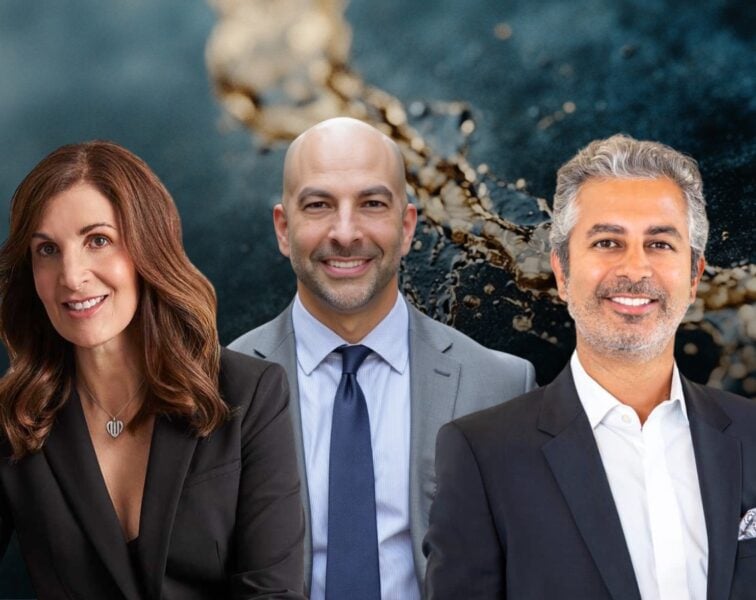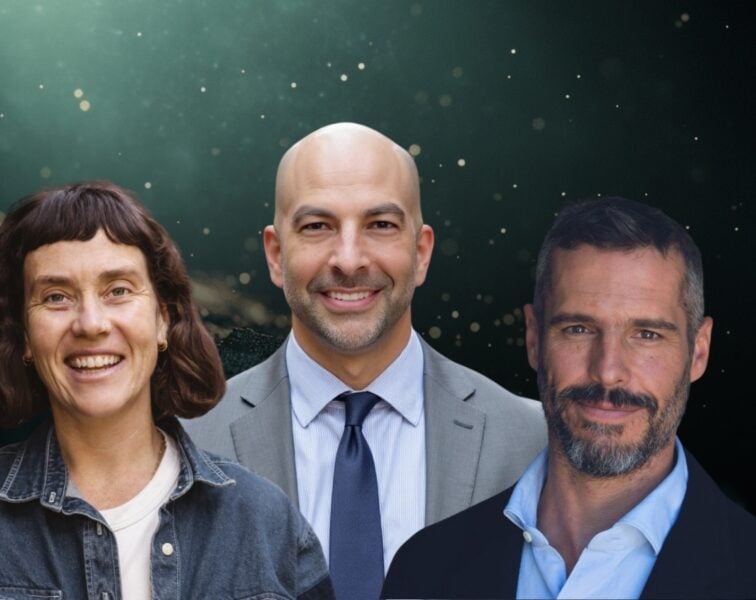This clip is from episode #183, James Clear: Building & Changing Habits, originally released on November 8, 2021.

Show Notes
The role of genetics and innate predispositions in determining one’s work ethic and success in a given discipline [14:30]
- Maybe there’s a genetic component
- For example, Peter is never going to be as good a swimmer as Micheal Phelps, even if his parents threw him in the pool at age 2 and Michael didn’t start swimming until age 15
- Will it be easier for some people to go through the exercises needed to change habits and for other people will it be more difficult; and is this a difference that cannot be changed?
- James discussed something similar with his friend David Epstein (he’s known for his work on the books The Sports Gene and Range)
- David said one of the things that surprised him, when he was researching The Sports Gene, is that characteristics that he thought would be mostly genetic (strength and speed and things like that) turned out to be heavily influenced by training and choice
- Then qualities that he thought would be a choice, like grit and perseverance and desire to train turned out to have a much higher genetic component than he realized
- Take the tennis legend Steffi Graf for example, when she was 14 she participated in a study; she not only tested the highest for physical abilities like strength and speed and quickness and so on, but also tested the highest for competitiveness and desire to train and all these other things
- Think of how pointless it would be to compete against her
- Not only is she better than you, she also wants it more
- James does think there is a heavy genetic component to some of the mental characteristics that would make you more likely to train
- David said one of the things that surprised him, when he was researching The Sports Gene, is that characteristics that he thought would be mostly genetic (strength and speed and things like that) turned out to be heavily influenced by training and choice
- Going back to the example about Michael Phelps, on the surface it seems like this comparison would make one less motivated
- “Why even try? I’m never going to be Michael Phelps,” or, “If genes play such a large role, what’s the point?
- James thinks this is the wrong less ot to take away
- The primary lesson is that genes tell one where to work hard; they inform one’s strategy
- “Why even try? I’m never going to be Michael Phelps,” or, “If genes play such a large role, what’s the point?
How finding one’s passion can cultivate perseverance and discipline [23:15]
- James discussed grit with his friend David Epstein, and the question came up, what if this grit/ perseverance/ discipline is one’s natural propensity based on the thing they are working on?
- If a person is highly interested in something, what are the chances they will have increased perseverance and discipline in that area?
“It’s very hard to beat the person who’s having fun because they’re going to want to keep working longer than the person who’s suffering, so grit is fit, I think is one way in which you can maybe try to stack the deck or stack the odds in your favor and get your genes aligned with the things that you’re working on” – James Clear
- Not all of us are going to have the good fortune to discover whatever the thing is we are interested in and good at at 4 or 6 years old
- Going back to the Michael Phelps example, he began swimming at age 7
- It’s very hard to find someone who’s more optimally designed to move through the water than him
- This doesn’t mean that one should stop searching for what they are good at and passionate about
- A person who is curious and willing to explore a lot of things is more likely to come across an area where they are fascinated or they are interested, and it also is a really good fit for their natural abilities or propensities
- Going back to the Michael Phelps example, he began swimming at age 7
- From a genetic standpoint, anyone can improve but this doesn’t mean anyone can be Michael Phelps
Key point:
- Find what is interesting so it doesn’t feel like suffering in the same way that other people feel when they are trying this thing
“You’ll often be surprised how far you can go and how willing you are to build habits and improve skills if you find some of those things that you’re truly fascinated by” – James Clear



